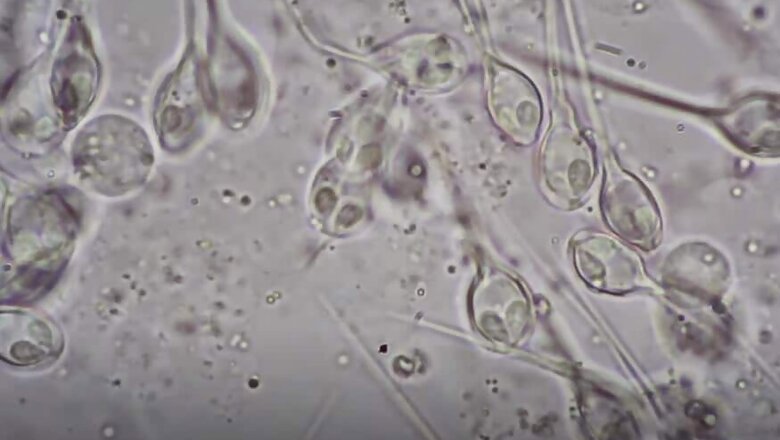
views
We believe in certain wisdom that have been passed down generations. Gravity keeps us planted. Light travels faster than sound. And that all lifeforms need oxygen to live. But the way things are, certain wisdom may no longer be entirely true. Scientists have discovered the first ever life form that can survive without oxygen. Yes, you read that right. Scientists at Tel Aviv University in Israel have discovered that a tiny parasite that is related to jellyfish can survive without oxygen. That’s quite simple too, because it doesn’t have any capability to process oxygen. This parasite, Henneguya salminicola, is found inside salmon fish. The study has been published in the scientific journal Proceedings of the National Academy of Sciences of the United States of America.
“Aerobic respiration was thought to be ubiquitous in animals, but now we confirmed that this is not the case. Our discovery shows that evolution can go in strange directions. Aerobic respiration is a major source of energy, and yet we found an animal that gave up this critical pathway,” said TAU’s Prof. Dorothee Huchon, who led the study, to The Times of Israel. Scientists discovered that Henneguya salminicola’s cell lack mitochondria. It has been a few years since we last went to school, but the definition of mitochondria reads, “an organelle found in large numbers in most cells, in which the biochemical processes of respiration and energy production occur.”
“It’s not yet clear to us how the parasite generates energy. It may be drawing it from the surrounding fish cells, or it may have a different type of respiration such as oxygen-free breathing, which typically characterizes anaerobic non-animal organisms,” says Huchon. There you have it—oxygen is perhaps not as essential for certain living organisms as it is for us.




















Comments
0 comment